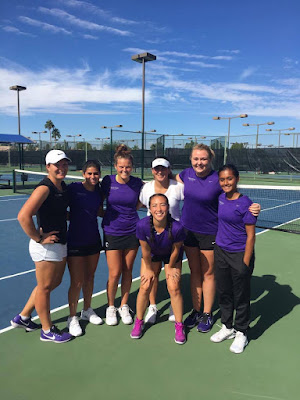Mentors: Why They Are Important
One of the main responsibilities of a coach is to be a good role model for their players. In the world of sports, the term coach is often synonym to the term mentor.1 By doing the right things and showcasing strong positive core values, a coach can be an important mentor in a player’s life. As a coach I strongly encourage my players to ask questions and be curious. To want to learn. To want to be better. To go beyond what they think they are capable of. But who coaches a coach? How can we ensure that we as coaches continue to grow and learn and become better, so that we can become models worth emulating? The answer lies in mentors.
Mentors are experienced and trusted advisers. In other words, they have our backs. They aren’t afraid to give us their honest opinion and welcome questions from their mentees. The best mentors establish an open line of communication where you can establish trust, and openness, where the mentor can help a mentee learn from him or her and make the most of the relationship.2 When I think of my mentors, I know they want the best for me, they want me to succeed. Mentors tend to be older than us because the idea is to learn from their own rich life experience. They are there to give us guidance and feedback, to teach us lessons. If you have a mentor, do they meet these criteria?
As a mentor to our players, we are asked to look out for them, to give them instructive feedback, to practice what we preach, to advise and teach lessons. As a college tennis coach, I can do all of these things because I have been in my players' shoes, I have my own college experience to draw upon. I can help my players avoid the mistakes I made and encourage them to repeat those things that made me successful.
As I’m currently in the early stages of my career, I am continuously seeking more answers and knowledge from mentors. I want to continue to learn to be able to positively influence my players. But what happens when coaches stop seeking knowledge? I think it is very dangerous when a coach becomes stagnant. When they stop wanting more, stop growing and wanting to learn and become better. It is the beginning of the end. That is why having mentors in your life is so critical.

Being able to turn to a mentor and ask questions, and have a conversation or work through a problem is of great value. Nobody knows everything and even the greatest coaches should always be looking to learn new techniques, new methods or learning about the latest trend.
I can’t stress enough the importance of having mentors in your life. I myself have five mentors, people I can turn to for advice for almost anything. Some of them may not even realize that I consider them my mentors -- they simply teach by example. They continue to share their life experiences with me, help me make difficult decisions, and teach me lessons.
As a coach and a leader, I will try to follow in their footsteps and be a good mentor for my athletes and others I might encounter down the road. My question for you is, who are your mentors? And are you taking the steps necessary to be a positive mentor to others?
--
1 Beres, Jacqueline L. and Jess C. Dixon. "Exploring Mentoring Functions within the Sport Management Academy: Perspectives of Mentors and Protégés." Sport Management Education Journal (Human Kinetics), vol. 8, no. 1, Oct. 2014, pp. 14-26.
2 Allen, T. D., Poteet, M. L. (1999). Developing effective mentoring relationships: Strategies from the mentor’s viewpoint. The Career Development Quarterly, 48, 59-73.



Comments
Post a Comment